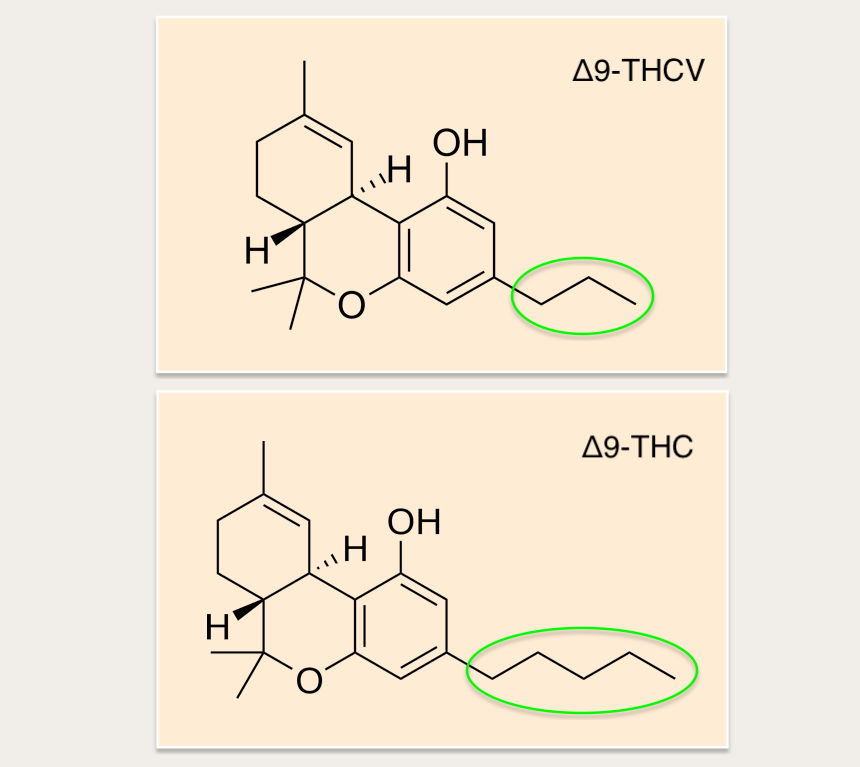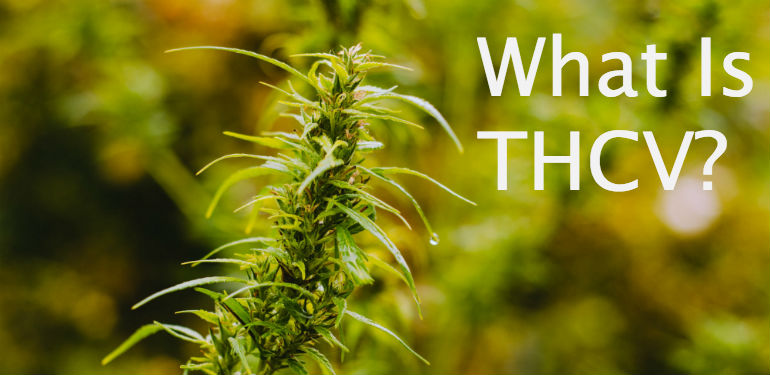Tetrahydrocannabivarin (THCV) is a cannabinoid compound discovered in cannabis and hemp plants. It's chemically comparable to tetrahydrocannabinol (THC) but with some key distinctions. Here's whatever you need to understand about THCV consisting of the dangers, advantages, differences, and similarities with other types of THC and more. What Is THCV? THCV is a less typical cannabinoid found in some stress of marijuana, especially African sativa.
 What Is THCV and What Are the Benefits of This Cannabinoid?
What Is THCV and What Are the Benefits of This Cannabinoid?
 What is THCV? Understanding “Diet Weed” - Elevate Holistics
What is THCV? Understanding “Diet Weed” - Elevate Holistics
 The Therapeutic Value of THCV • truPhys
The Therapeutic Value of THCV • truPhys
THCV has a 3-carbon side chain rather than THC's 5-carbon side chain. This difference is subtle, however it has a visible influence on the effect profile. THCV is somewhat psychoactive but only about and about. What Does THCV Feel Like? THCV has a strong energy-boosting component to it, which makes it particularly popular amongst trainees and athletes.
In the United States, THCV regulation is nuanced. THCV is not an Arrange I Drug, but marijuana extracts are making it somewhat ambiguous what the federal position is on THCV. The 2018 Farm Expense states that hemp plants and all derivatives of the plants are legal on a federal level, a lot of companies comply with this law and still supply THCV to consumers by just drawing out the substance from hemp plants.
If THCV is thought about a THC analog, it could be managed in the future by the very same guidelines as THC under the Federal Analog Act. This act specifies that any substance that shares a similar molecular profile as a known forbidden compound it's consisted of in the exact same drug Set up category.
What Are the Results of THCV? Advocates of THCV report that it produces an intense burst of energy and makes them feel blissful without the mental cloudiness caused by THC. The results are extremely mild compared to THC. The effects are practically exclusively cognitive yet somehow have very little effect on headspace.
2. THCV & Appetite Some THCV users declare that it curbs their cravings. This is a common impact of other focus-enhancing compounds. It's as though THCV eliminates the diversion of other bodily procedures (like appetite) in order to maintain resources and attention to cognitive jobs instead. How Does THCV Work? Cannabinoids produce biological effects in the human body by communicating with endocannabinoid receptors.
CB1 receptors lie in the nerve system and communicate with neurotransmitters in the brain to produce mind-altering results. Interaction with CB1 websites is what provides some cannabinoids like THC their psychoactivity. THCV is a bit difficult to understand because it's mainly a CB1 villain, suggesting it has the opposite effect as THC.
While researchers are still seeking to understand this procedure, it appears THCV is able to obstruct the impacts of CB1 in low doses and stimulate them in high doses. CB2 receptors are discovered mostly in the immune system. THCV is a partial agonist of CB2, but the impacts of this partial activity aren't popular, and it seemingly has no discernible effect on THCV users' experience.
As pointed out in the previous area, THCV is a CB1 villain in low doses which is the exact opposite effect of delta 8 and delta 9 THC. This could imply that THCV combats a few of the psychoactive effects of THC. This effect might explain why people who utilize THCV feel so clear-headed particularly compared to the well-known "fogginess" induced by delta 9 THC.